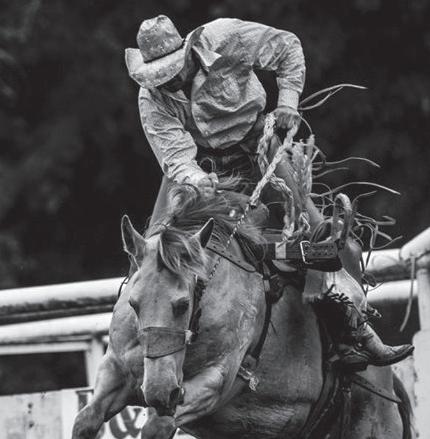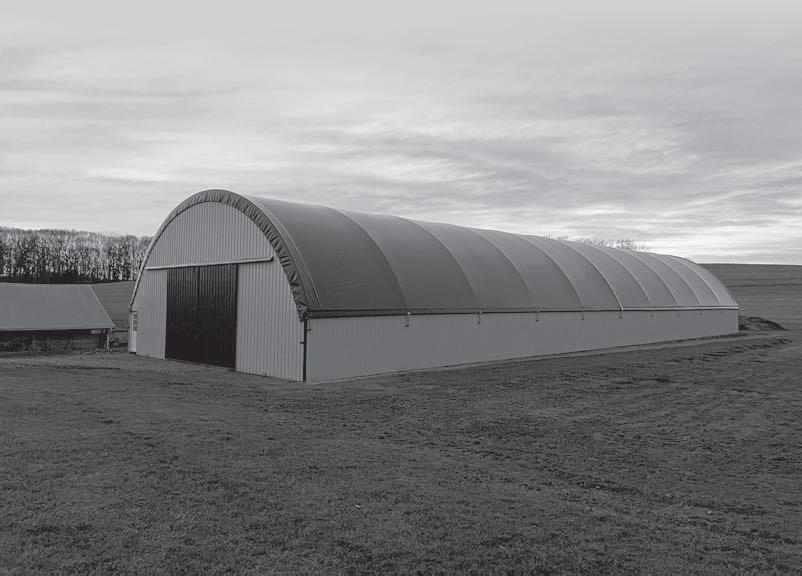
1 minute read
Group develops strategy to reduce spotted
Lanternfly Spread
WASHINGTON — The U.S. Department of Agriculture’s Animal and Plant Health Inspection Service Spotted Lanternfly Strategic Planning Working Group has released the Spotted Lanternfly Five-Year Strategy for fiscal years 2024-2028.
Advertisement
APHIS brought together the working group in August 2022 with representatives from APHIS, the National Association of State Departments of Agriculture and the National Plant Board. The working group developed a unified approach to reduce the spotted lanternfly’s spread and impacts through the effective use of available state and federal resources.
The five-year strategy prioritizes the following goals:
• Effectively limit the advancement of spotted lanternfly and efficiently respond to its introduction within Federal and State authority and resource availability.
• Support continued scientific research towards practical management and risk mitigation.

• Establish a consistent national and state-level outreach message and educational campaign for the public and industries at risk for spreading spotted lanternfly.
SLF has spread to 13 additional states since it was first detected in Pennsylvania in 2014. Spotted lanternflies prefer to feed on the invasive tree of heaven, but they also feed on a wide range of crops and plants, including grapes, apples, hops, walnuts and hardwood trees. As resources available are limited, developing a strategy in coordination with the states to address this invasive pest is critical.
To reduce the spread, APHIS and states will create a framework to prevent human-assisted movement, promote public reporting and early detection and continuously leverage the latest research and management tools available.
The new strategy builds the capacity to combat SLF in areas at high risk of introduction and stresses that SLF management plans be based on the latest risk-assessment modeling data which helps predict where SLF populations may emerge.
Federal and state partners will also unite their research resources and share knowledge about SLF to limit its movement and distribution. While leveraging best practices in the field, State and Federal partners will prioritize more research on climate and host-plant suitability, biocontrol agents, as well as other effective management tools.
PA Farm Link continues ag mentor program
HARRISBURG, Pa., — PA Farm
Link has announced that the free ag mentorship program is entering its second year of service and is available to all commonwealth farmers.
Through the support and collaboration of Pennsylvania Department of Agriculture Horizon Farm Credit, Center for Dairy Excellence, Farm Progress, Pasa, PA Farm Link, Penn State Extension, and SCORE, the program successfully completed its 2022 pilot.

Through the efforts of five mentors, 124 sessions and over 127 hours of free mentor services were provided to Pennsylvania farmers.
More information on the mentorship program is available at pafarmlink.org/mentor/.








